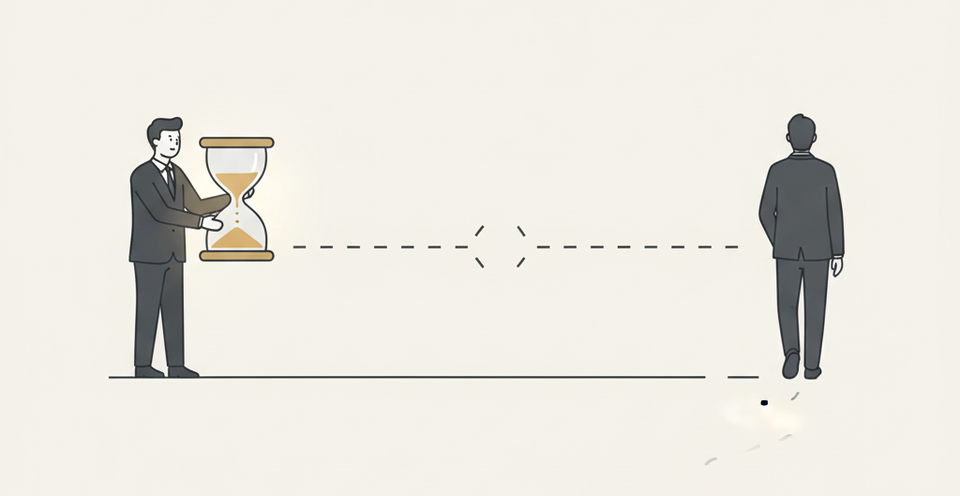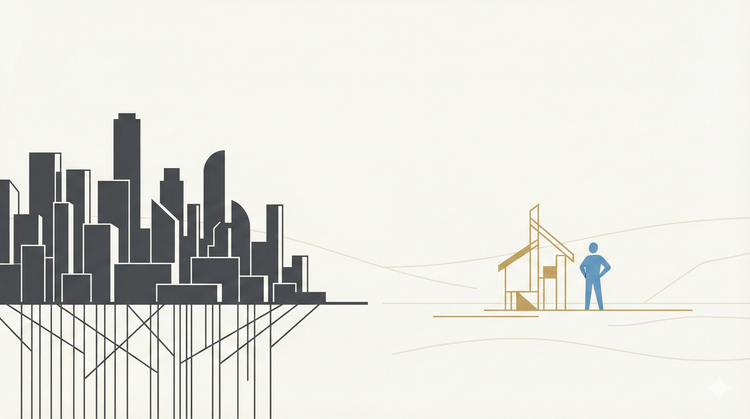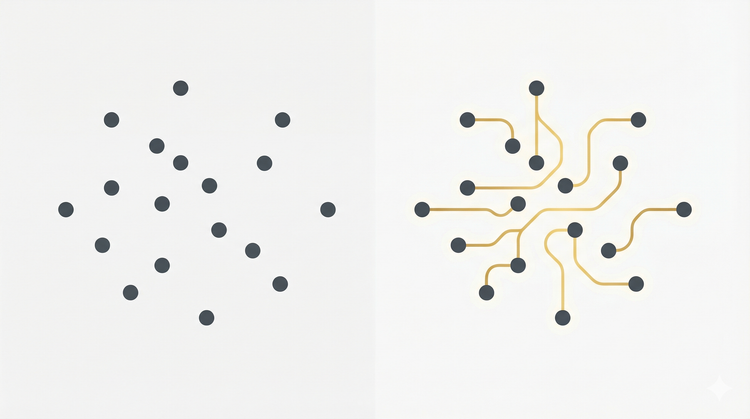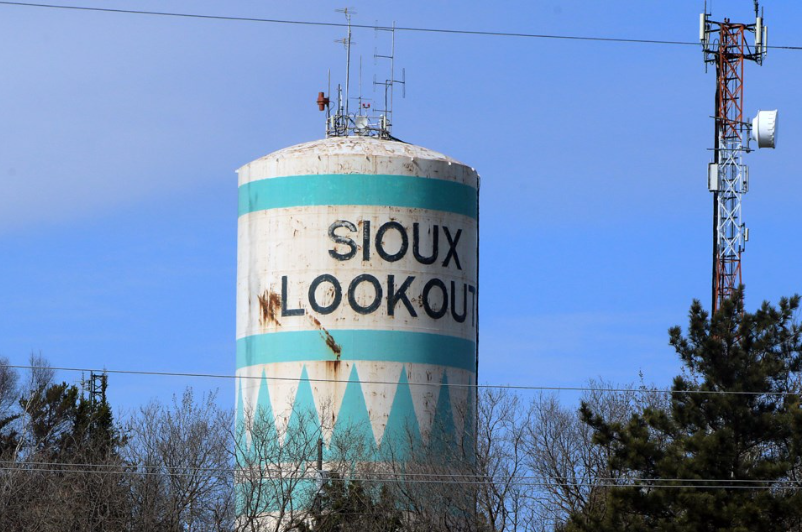Response Time is Recruitment Currency: The Hidden Cost of 'Ghosting' Your Candidates

Ever wonder how many talented healthcare professionals slip through the cracks because of slow communication?
In my early recruitment days, I made a critical mistake - thinking speed didn't matter. I'd take days to respond to potential candidates, believing they'd wait.
Spoiler alert: they won't.
Healthcare professionals, especially residents and emerging specialists, have options. Lots of them. One delayed email, one missed follow-up, and you've lost a potential game-changing recruit.
My rule now? Response time is recruitment currency.
- Aim to respond as instantly as possible but at least within 24 hours
- Have a general response ready but personalize with what you know before sending
- Make every interaction feel like a priority (easier if you believe it yourself!)
- Treat each candidate like they're your only candidate, this is their life!
- Give them the advice and information they need to make a decision
I once tracked our recruitment response times and discovered something shocking - a 48-hour delay reduced our conversion rate by nearly 35%.
In a competitive recruitment landscape, that's not just a statistic. That's lost potential.
Recruitment isn't just about finding talent. It's about making talent feel valued from the very first interaction.
This is a textbook example of an asymmetric lever. The effort required to respond quickly is minimal, a few minutes per day. The potential cost of failing to do so—a 35% reduction in your talent pipeline—is catastrophic. Mastering the discipline of rapid, respectful communication is one of the highest-ROI investments any recruitment team can make.





